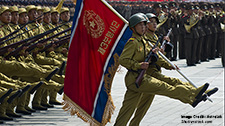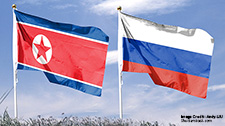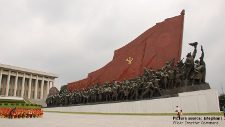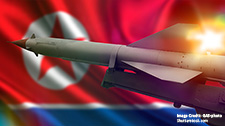Political and Diplomatic Implications of South Korean Defense Cooperation with NATO: The Case of Sweden
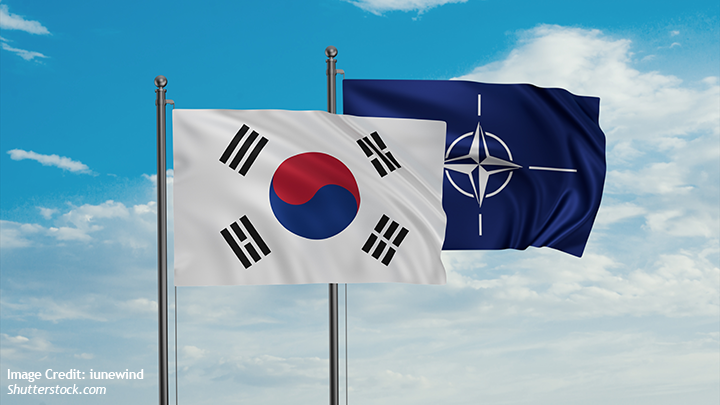
Joel Petersson Ivre
South Korea’s new administration seeks closer defense industrial cooperation with NATO, but also engagement with NATO adversaries, Russia and North Korea. For NATO’s newest member Sweden, defense cooperation with South Korea raises questions about security linkages between the Indo-Pacific and the Korean Peninsula, where it has historically played a unique diplomatic role.
This policy brief explores the compatibility of South Korean and Swedish policy goals in Europe and in the Indo-Pacific through three aspects: conceptual misalignment of Swedish and South Korean security outlooks, South Korea’s transactional approach to Europe as contrasted to the Swedish long-term commitment to the Korean Peninsula, and the potential impact of defense cooperation on engagement with North Korea. For South Korea’s new administration, defense cooperation with Europe will contribute positively to its weapons export goals but will likely have a negative effect on its prospects for engaging with Russia.
For Sweden, defense cooperation could contribute positively to its deterrence of Russia and its support for Ukraine, but Sweden must remain aware of South Korean transactionalism. For both countries, the effect of defense cooperation on engagement with North Korea (whether inter-Korean engagement, or Sweden’s diplomatic role) is likely net negative, though more uncertain and contingent on the overall trajectory of Russia-North Korea relations.
